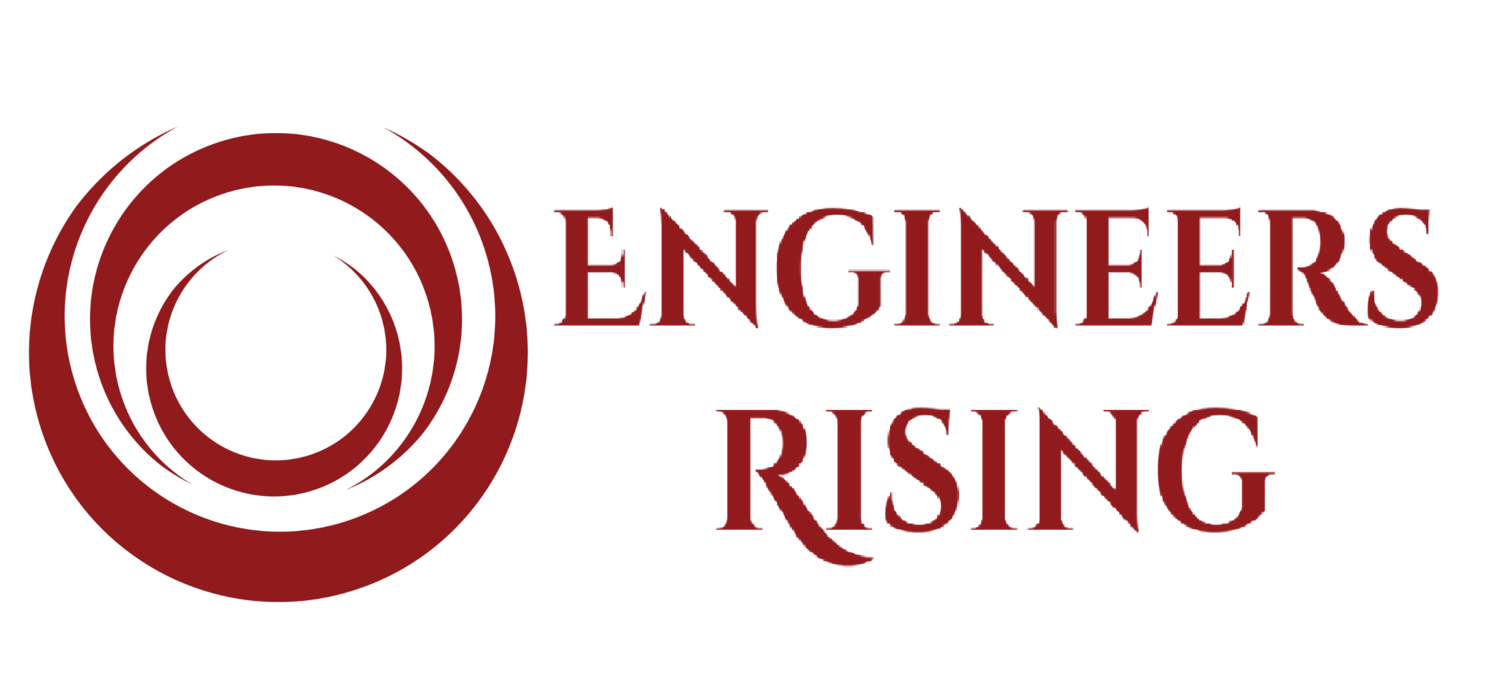“The richest people in the world look for and build networks. Everyone else looks for work. ”
When I bring up “networking” in the company of other engineers, I am often greeted by eye rolls and a collective groan. Isn’t that something better left to the marketing experts while the engineers do the real work?
What do you envision when you hear the term “networking”? Happy hour? Used-car salesmen tactics? Walking into a room full of people you have never met with the expectation that you will begrudgingly swap business cards and move on with your life? A bunch of older (typically white) men on a golf course? Scrolling through your social media feeds and liking or commenting on a few posts?
These were once my preconceived notions of what networking meant. I thought the adage “It’s not what you know, but who you know” simply didn’t apply in the highly technical engineering fields. After all, who you know has nothing to do with coding or calculus.
But in a global economy where no job is truly secure, most new jobs are found through our networks. The U.S. Bureau of Labor Statistics found that 70 percent of all jobs are found through networking. The larger your network, the more people you know. The more people you know, the better your chances for better opportunities. Often all it takes is an introduction to open the door.
But what if you’re an introvert, like me? What if you break out in a cold sweat at the mere thought of being thrust into a crowd of people where you don’t know anyone? What if you’d much rather read than socialize? And, if you decide to try networking at a live in-person event, how do you avoid the shallow, superficial conversations that leave you feeling like your networking attempts are a waste of time?
If that sounds like you, try the following 3 tools at your next networking event.
Introvert Networking Tool #1: Prepare
Introverts draw energy from stillness. This “quiet time” allows an introvert the opportunity to recharge and is a fundamental requirement—much like eating, sleeping, and exercising—in order to thrive. People, and especially groups of loud, noisy people, are exhausting for introverts, especially when exposed for long periods of time without any breaks.
For me, that means it’s a really bad idea to get a less-than-optimal amount of sleep the night before a networking event. It’s a bad idea to attend back-to-back-to-back meetings all day followed by an evening network event. When you know you need to attend an event – which is almost never a daily - or even weekly - occurrence for most engineers – try to plan your day accordingly to get the quiet you need to be your best before and after. If you have no control over all those meeting times, you can also use a short solo walk, exercise, or meditation time between them to give yourself some time to re-energize.
When you do attend events, use your energy wisely. Dinner events including at least a few people you know may feel most comfortable, especially at first. Because introverts tend to have fewer, but deeper relationships as compared to extroverts, networking often works better for us when we break up a large group into smaller groups. That’s a fairly natural occurrence at large events, where you’ll see many groups of two to four people talking in a large room. You can prepare for those events in advance by finding other acquaintances who will attend, so you have other people to look for.
It’s also helpful to prepare by having a few conversation starters prepared. A simple question such as, “What brings you to this event?” is a great ice-breaker.
Similarly, prepare an exit strategy. If you find yourself ready to leave a conversation, you can excuse yourself to the restroom. You can also comment that there were a few other people you were planning to meet at this event. A good way to end the conversation is to say: “It was great talking to you. I know you are here to meet other people also, so I won’t take up any more of your time. If there is anything I can do for you, please let me know,” as you hand them a business card.
Introvert Networking Tool #2: Ask Thoughtful Questions
What is the one subject you could talk about for days on end? Yourself.
That’s why learning to ask thoughtful questions, listening attentively to the answer (more on that in tool #3), and then asking more questions works really well when networking.
Don’t feel you need to ask complicated questions. Stick with journalist-type questions—who, what, where, when, why, and how—followed by “tell me more” or “how so?” Many networkers are often focused on their own agenda, so resist the urge to ask either leading or gossip-driven questions as the person you will talking to will see right through them.
Because introverts tend to value deeper connections, asking non-superficial questions is often a natural ability. It’s also a refreshing change from the usual “how about that sports team?” conversations.
Introvert Networking Tool #3: Listen Instead of Talk
Paul, an engineer, was talking to a potential customer at a trade show. The customer asked how Paul’s newly developed product worked. Paul, who was extremely proud of his team’s work, launched into a detailed technical explanation about the inner workings of the product. He didn’t notice his customer’s eyes glaze over with confusion at the technical explanation. When Paul finished ten minutes later, the potential customer thanked him and moved on to the next booth. Paul walked away feeling really good about his interaction, while the customer walked away feeling stupid for not understanding the technical explanation. The customer later forgot what the conversation was about, but always remembered how interacting with Paul made him feel. That potential customer purchased a similar product from one of Paul’s competitors instead of Paul.
Paul broke the primary relationship-building rule: It is not about YOU. It is about the other person. If you are able to make others feel heard by listening to them instead of interrupting, providing unsolicited advice, or talking non-stop about yourself, you have a networking superpower that simply hasn’t been tapped yet.
The great news here is that you don’t need to come up with something clever to say. You don’t need to be a life-of-the-party extrovert. Simply listen (and then ask more questions per tool #1), and people will come back to you again and again because you earned their trust by making them feel valued.
The best networking advice for introverts
The best networking advice I can give you as an introvert who was once fearful of entering a room of strangers is that it really does get better with practice. The more you step out of your comfort zone to meet new people when networking, the more comfortable this becomes. Can you muster enough courage to show up at one event and start one conversation with a stranger? If so, you have taken the first step towards networking success, and are several steps ahead of most engineers.
Want more tips for networking as an introverted woman in engineering? Check out this Medium article I wrote about the first time I tried networking and the simple lesson I learned that you can apply too!
ADDITIONAL RESOURCES
QUIET: THE POWER OF INTROVERTS IN A WORLD THAT CAN’T STOP TALKING
This is the single best book I have ever read - twice! - for helping me understand myself as an introvert in an extroverted world. Highly recommended!
STAND OUT NETWORKING
Dorie Clark is an unabashed introvert, and her products are the best resources I have found for learning how to network as an introvert. In a field where most networking resources are by extroverts, she “gets” what introverts feel about this subject. Her material is presented using stories and practical tips that anyone can apply, even if you’ve never attempted to network before. Excellent resource for any introvert who wants to improve their networking skills!








